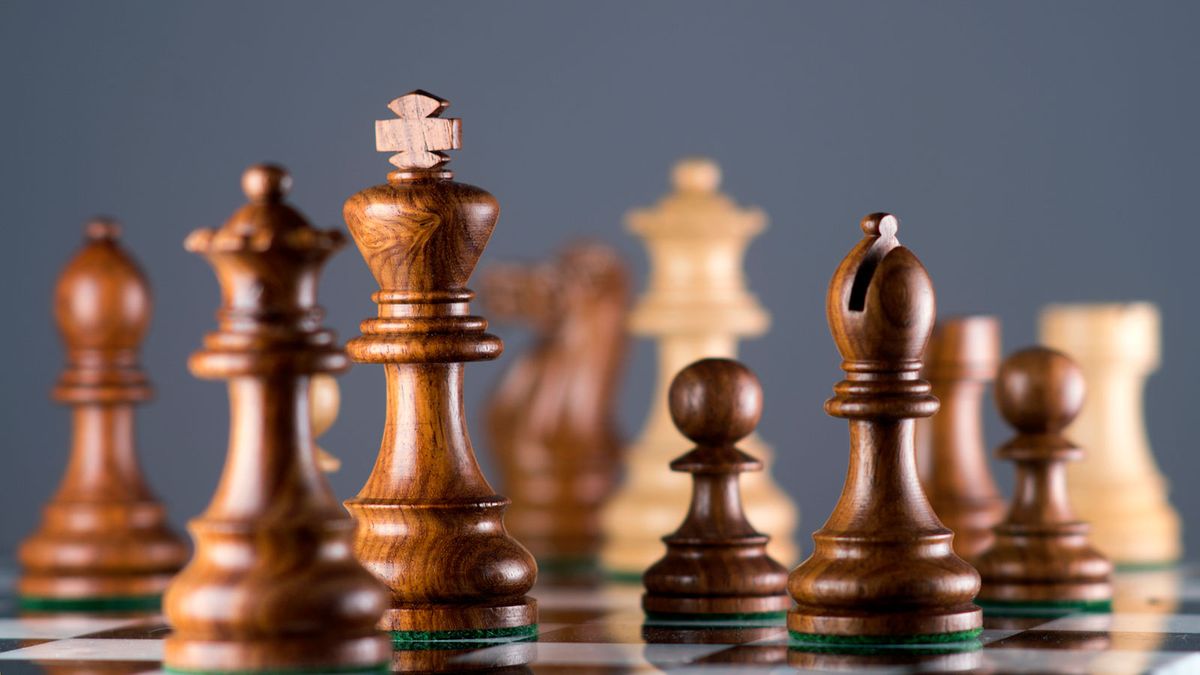
Click Start Game and play chess
Chess, the timeless game of intellect, strategy, and calculation, can seem daunting to newcomers. While learning the rules and basic piece movements is the first step, understanding fundamental strategic principles is crucial to elevating your game beyond simply moving pieces. This article delves into key chess strategies to help you not only survive on the board but thrive and ultimately achieve checkmate.
1. The King's Safety: Paramount Importance
Your king is the most vulnerable piece on the board, and its safety should be your top priority. Neglecting king safety can lead to devastating attacks and swift losses. Here's how to safeguard your monarch:
- Castling Early: Castling brings your king to a safer location, typically behind a pawn shield. Aim to castle early in the game, before the position becomes too open.
- Pawn Shield: Maintaining a wall of pawns in front of your castled king provides a strong defensive barrier against opponent attacks.
- Avoid Exposing Your King: Be mindful of opening files or diagonals that expose your king to potential threats. Avoid unnecessary pawn advancements in front of your king unless strategically justified.
2. Controlling the Center: The Heart of the Board
The central squares (d4, e4, d5, e5) exert significant influence over the entire board. Controlling the center allows you to:
- Restrict Opponent's Mobility: Pieces positioned in the center control more squares, limiting the opponent's movement and development.
- Launch Effective Attacks: A strong central presence allows you to launch attacks on both flanks with greater ease.
- Improve Piece Coordination: Pieces in the center can more easily connect with other pieces, leading to better coordination and synergy.
3. Piece Development: Bringing Your Troops to the Battlefield
Developing your pieces quickly and efficiently is essential for controlling the flow of the game. Follow these guidelines:
- Develop Knights and Bishops: Bring your knights and bishops into play before moving your rooks. Knights are most effective in the center, while bishops are powerful on open diagonals.
- Connect Your Rooks: Connecting your rooks (usually after castling) increases their combined power and allows them to support each other.
- Don't Develop Prematurely: Avoid developing your queen too early, as it can become a target for opponent pieces and waste valuable tempo.
4. Pawn Structure: The Foundation of Strategy
Pawn structure significantly influences the character of the game and the mobility of your pieces. Understanding pawn structure allows you to exploit weaknesses and create advantages.
- Isolated Pawns: Isolated pawns are vulnerable targets that require protection from other pieces.
- Passed Pawns: Passed pawns are pawns that have no opposing pawns blocking their path to promotion. They can be powerful attacking weapons.
- Doubled Pawns: Doubled pawns are two pawns on the same file. They can be a weakness if they are isolated or block your own pieces.
5. Assessing the Position: Thinking Ahead
Chess is a game of anticipation. Before making a move, take time to assess the position and consider the following:
- Material Balance: Are you ahead or behind in material?
- Piece Activity: Which pieces are more active and influential?
- Weaknesses and Threats: Are there any weaknesses in your opponent's position that you can exploit? Are you under any immediate threats?
- Plan Your Next Few Moves: Don't just focus on your immediate move. Think ahead and develop a plan to improve your position and put pressure on your opponent.
6. Trading Pieces: Strategic Exchanges
Exchanging pieces can be a powerful tool, but it's important to consider the consequences carefully.
- Simplify the Position: Trading pieces can simplify the position, which can be advantageous if you are ahead in material.
- Improve Piece Activity: Trading a passive piece for an active one can significantly improve your position.
- Create Weaknesses: Trading pawns can create weaknesses in the opponent's pawn structure.
7. Endgame Principles: Preparing for the Final Stage
Even if you play a perfect opening and middlegame, a poor endgame can cost you the game. Understanding endgame principles is crucial for converting advantages into victory.
- King Activity: In the endgame, the king becomes a powerful attacking piece. Activate your king and bring it into the fight.
- Passed Pawns: Passed pawns become even more dangerous in the endgame. Focus on creating and supporting them.
- Opposition: Understanding the concept of opposition is essential for winning pawn endgames.
Comments
Post a Comment